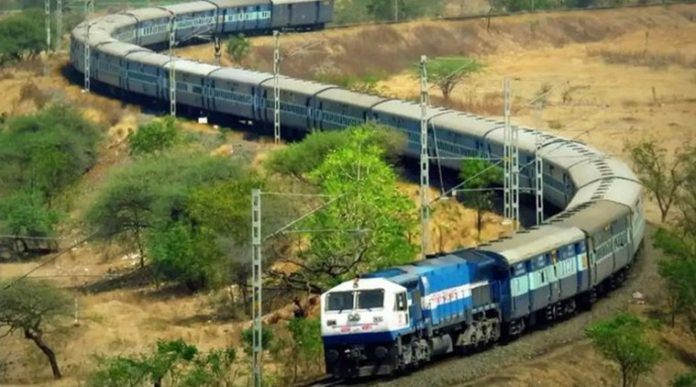New Delhi (NVI): Indian Railways has claimed zero passenger deaths in rail accidents in the year 2019-20, making it the national transporter’s safest year in its history, according to official data.
The remarkable feat has been achieved for the first time in this year since the introduction of the Railway System in India 166 years ago in the year 1853.
While railways witnessed staff deaths during the last year, there were no passenger deaths in the last 11 months, the data revealed.
In 2018-19, railways recorded 16 death, 28 deaths in 2017-2018 and 195 deaths during 2016-2017.
While between 1990-1995, an average of more than 500 accidents took place every year, with around 2,400 deaths and 4,300 injured in those five years, a decade later between 2013-2018, an average of around 110 accidents took place every year which killed around 990 people and injured about 1,500 people.
Railway train accidents (consequential) includes collision, derailment, fire, level crossing accidents and other miscellaneous accidents. While calculating the casualty due to a train accident, the number of persons killed are taken into account.
Railways does not count run over deaths as deaths in railway accidents.
Safety being the topmost priority of the Indian Railways, the measures undertaken for safety improvement included massive renewal of railway tracks, effective track maintenance, stringent monitoring of safety aspects, improved training of railway staff and so on.
Also total elimination of Unmanned Level Crossings Gates on broad gauge has resulted in elimination of accidents on this score thus giving huge impetus to safety of train operations.
This unprecedented feat could become possible with inputs in the system in the form of Rashtriya Rail Sanraksha Kosh (RRSK) introduced in the year 2017-18 with a corpus of Rs 1 lakh crore to be spent in the next five years, having annual outlay of Rs 20,000 crore. With this fund, it has been possible to undertake very critical safety works of urgent nature and results are evident.








